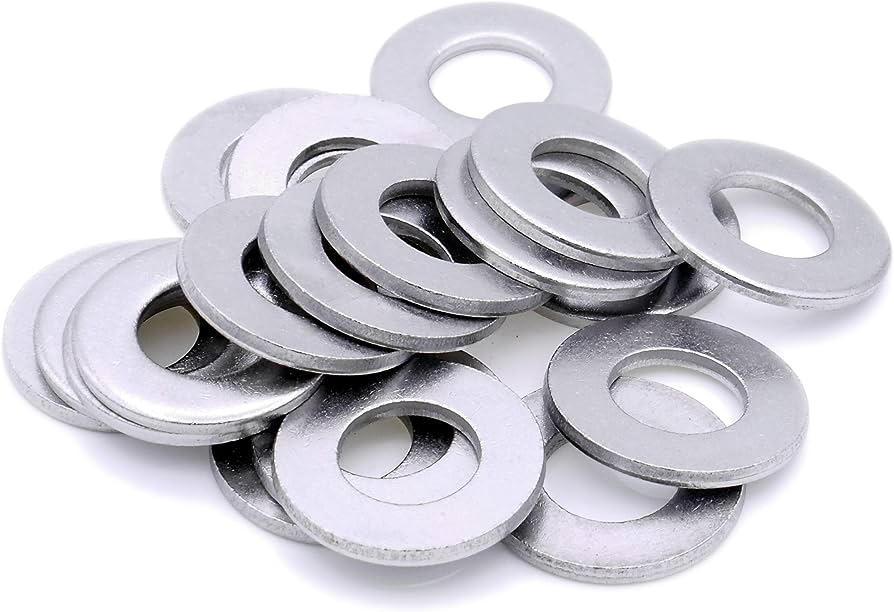When it comes to flat washers, their significance often lies in the details, including the choice of materials. While these unassuming components may seem straightforward, the type of material used can profoundly impact their performance and effectiveness in various applications. This article delves into the critical role minerals play in shaping the performance of flat Industrial Washers across diverse industries.
Material Properties and Their Implications
Materials used in flat washers can vary widely, each possessing distinct properties that contribute to their performance. Factors like strength, corrosion resistance, thermal stability, and conductivity come into play, influencing how flat washers respond to different environments and loads. Understanding these material properties is essential for selecting the right flat washers for specific applications.
Corrosion Resistance for Longevity
In environments where exposure to moisture, chemicals, or harsh elements is a concern, the choice of material can determine a flat washer’s lifespan. Stainless steel, for instance, is known for its excellent corrosion resistance, making it appropriate for marine or chemical exposure applications. Choosing a material with the appropriate corrosion resistance is crucial to assuring the longevity & reliability of the flat washer.
Strength and Load Distribution
Flat washers are often employed to distribute loads and prevent fasteners from digging into softer materials. The material’s strength is vital in this regard. High-strength materials like steel or alloys provide the necessary support to evenly distribute loads evenly, ensuring that fasteners remain secure without damaging the underlying surface. The choice of material can mean the difference between successful load distribution and potential failure.
Thermal Stability and Temperature Extremes
Certain industries expose flat washers to extreme temperatures, both high and low. Materials that can withstand thermal stress without warping or deteriorating are essential for maintaining stability in such environments. Flat washers made from materials with high thermal stability are better equipped to handle temperature extremes, ensuring consistent performance without compromising structural integrity.
Electrical Conductivity and Insulation
The material’s properties become paramount in applications where the electrical conductivity of insulation is a concern. For instance, flat washers made from materials with good electrical conductivity may be required to establish proper grounding when installing electrical components. Conversely, insulating materials are essential when preventing electrical contact between different components.
Weight and Dimensional Considerations
The material’s weight and density can influence the overall weight of assemblies, especially in industries where weight is a critical factor, like aerospace and automotive. Selecting materials that balance strength and weight is essential for optimizing performance while adhering to weight limitations. Moreover, the dimensional stability of the chosen material ensures that flat washers maintain their shape and fit accurately over time.
Friction and Lubrication Properties
In dynamic applications where movement is involved, friction becomes a crucial consideration. Materials with low friction coefficients can reduce wear and prevent galling, enhancing the longevity of both the fasteners and the washers. Some materials have inherent lubrication properties, which can further reduce friction and enhance the system’s efficiency.
Chemical Compatibility and Environmental Factors
Industries dealing with chemicals, solvents, or aggressive substances require flat washers compatible with these environments. The material’s resistance to chemical reactions and ability to withstand exposure to specific substances are pivotal in maintaining the washer’s performance over time. The right material choice ensures that the flat washers remain effective and reliable in demanding conditions.
Conclusion
Flat Industrial Washers may seem like simple components, but their performance is intricately tied to the materials from which they are crafted. Whether it’s ensuring corrosion resistance, load distribution, thermal stability, or compatibility with specific environments, the material’s influence on flat washer performance is undeniable. By meticulously selecting materials that align with the application’s requirements, industries can harness the full potential of these unassuming yet indispensable components, ultimately contributing to their systems’ efficiency, durability, and reliability.





